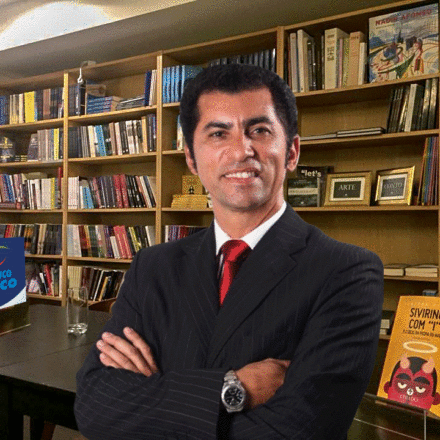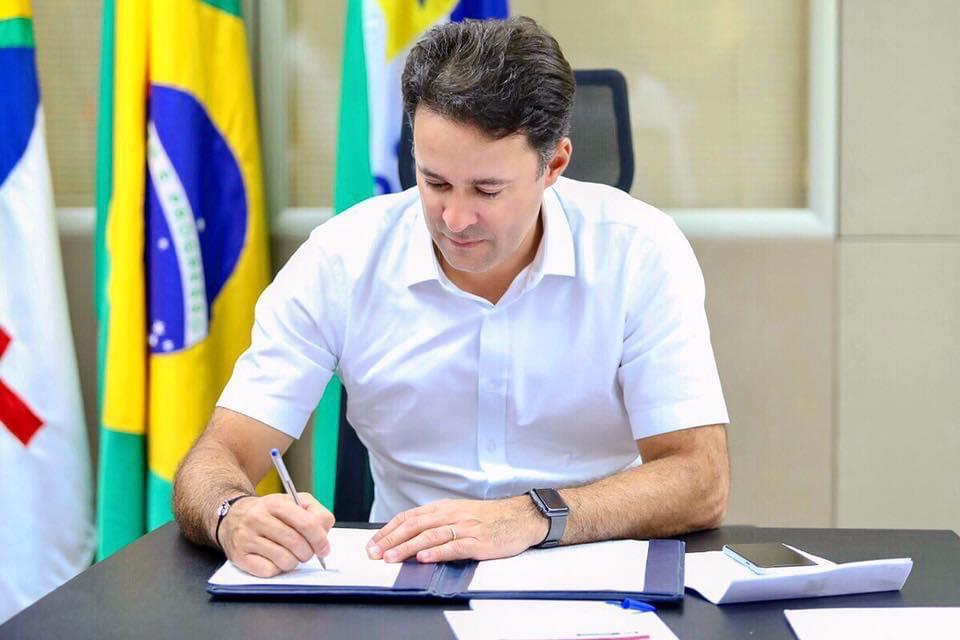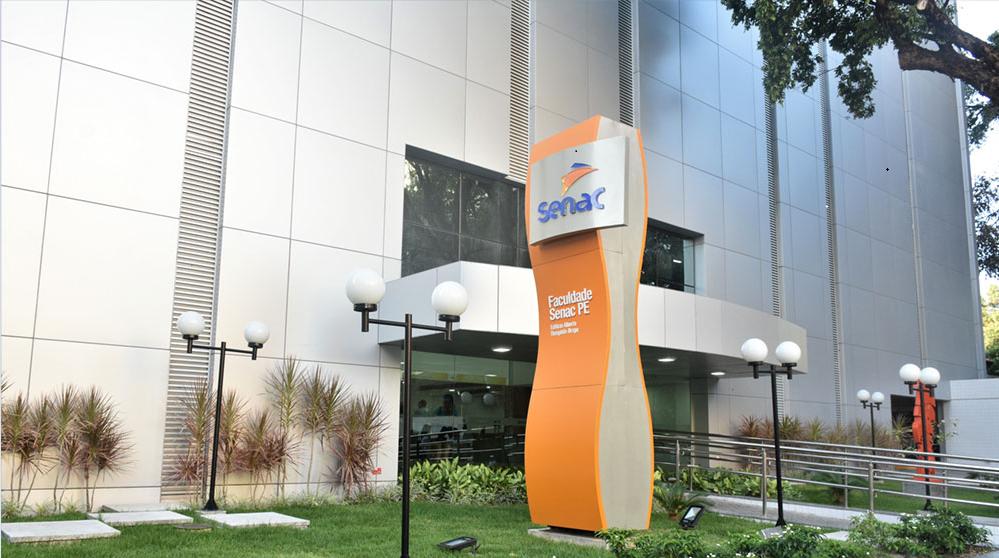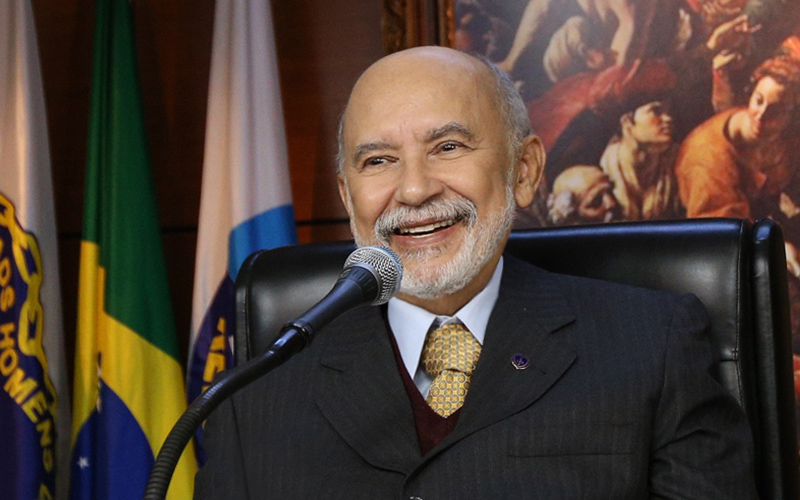From Brasília, the capital of Brazil.
On October 22, last Thursday, I read in the newspaper EL PAÍS (Spain), that only 33.5% of young people between 16 and 29 years old are employed after months in lockdown imposed by COVID-19, and that the 66.5% the rest is distributed between the inactive population (52.1%) and the unemployed (14.4%).
The newspaper article also says that the crisis left thousands of young Spaniards under the age of 30 in an even more precarious situation. “There are job destruction and an economic hit that affects us all, but among young people, it is more accentuated,” sociologist Joffre López Oller, researcher of the report, explains to Verne. “Before the pandemic, the employment situation of young people was already comparatively worse than that of the rest of the population, with which, it is ‘normal’, with all the quotes in the world, that now when there has been a brutal economic crisis, they have suffered the most from its effects ”. But so what?
Yesterday I read in the newspaper “Los Angeles Times” that the new wave of contagion by COVID-19 that is hitting the United States seems stronger and more worrying than the previous one. There are some apocalyptic ideologues, like Umair Haque, from London Business School, who assure that the Western economy will self-destruct with a possible new election of Donald Trump. But so what?
After all, what do the labor market and the national and global economy have to do with the ONBOARD DIARY series? You could say there is no relationship, but I dare to say that education is linked to all aspects of the human being in society.
With the sensitive stories of the first protagonist, Sophia, last year’s high school student, we can feel the mixture of anguish that entering the labor market causes and at the same time the hope of building a more dignified life socially and economically. But for such concern to make sense, we need to understand what social and economic dignity is.
Yesterday, under a fine cold rain, while I was driving the car and passing with my wife through some traffic lights of the Pilot Plane in Brasília, the capital of Brazil, I saw some boys selling floor cloth, cashew nuts, persimmons, and water. I praise the act of working, because, as it appears in my professional portfolio, I have already been contracted to clean the floor, but I know that no one dreams of these functions for the rest of their life.
Article 6 of the Brazilian Federal Constitution says that social dignity is directly linked to the following social rights: education, health, food, work, housing, transportation, recreation, security, social security, maternity protection and childhood, and assistance to the defenseless. Who does not dream of having at least “fragments” of these factors for life?
With the stories of the second protagonist, the teacher Gevani Silva, published last week, we can see the care, dedication, and also the anguish of those who complement the education and assume ownership of the teaching of the children of 7 and 8-year-old, get involved daily with the contradictions created by families, society and the State, which in some cases hinder, and in others even hinder the psychological, social and economic development of those who are expected to be the future of the Nation.
Relegating education and teaching to a different plan than the FIRST one is to repeat past mistakes, condemn the present and the future, with the construction of a story to always be told from failure.
Tomorrow I will publish the ONBOARD DIARY of the third protagonist, the Counselor Adviser, and Psychoanalyst Kennya Fernandes. Guidance, education, teaching, who needs that?
I invite you to read and reflect on the reports that continue to be published. Send it to all your friends, teachers, students, and schools. I know that initiatives like this do not go viral, but if you help, we can plant more seeds of good. Who knows what ground they will fall on?








